The togolese government said the overhaul abolishes the election of the head of state by universal suffrage and introduces a parliamentary system.
It has been slammed by opposition and civil society groups as a ploy by President Faure Gnassingbe to hold on to power indefinitely.
Togo’s strongman has ruled over the small West African country of 8.8 million people since 2005, when he took over from his father in power for 38 years.
Under the previous constitution, Gnassingbe would have been able to run for the presidency just one more time in 2025.
But with the reform, Togo’s president becomes a mostly ceremonial role elected by parliament, and not the people, for a four-year term.
Gnassingbe will be able to take a new post as president of the council of ministers, allowing him to stay in power without term limits as long as his Union for the Republic, UNIR, remains the majority party in the national assembly.
Gnassingbe, 57 years old, has already won four elections, though all were denounced as flawed by the opposition.
A constitutional reform in 2002 planned for the creation of a senate but it was never implemented.
The government said in a statement published on its website that two thirds of senators will be elected on February 2 by regional and municipal councillors, who were first voted in at the end of April, while the remaining third will be directly appointed by the president.
According to the new constitution, senators will examine bills first before they go to lawmakers for adoption.
Candidates for the senate will be able to campaign from January 17-31, the statement added.
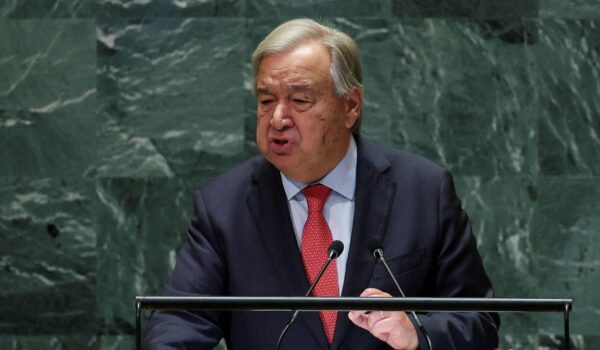
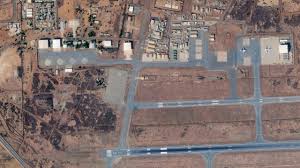
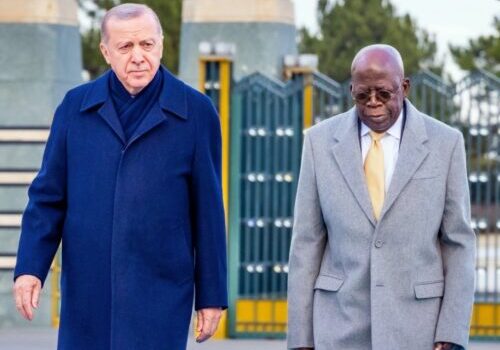
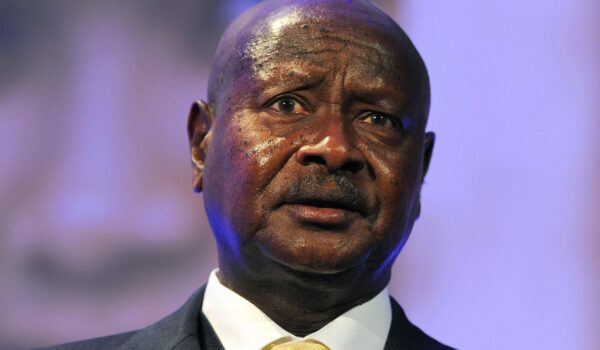
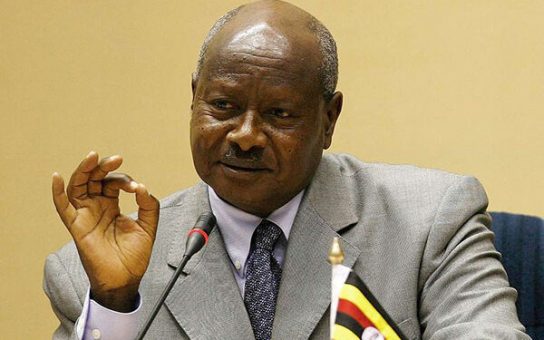
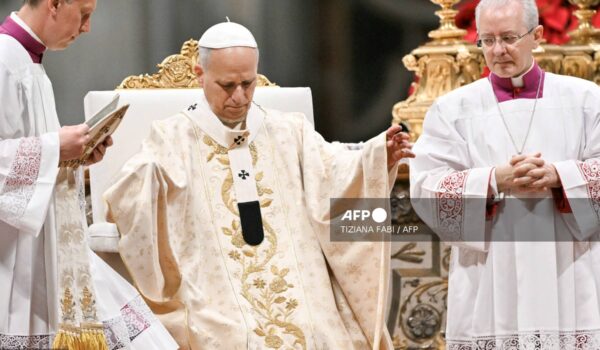

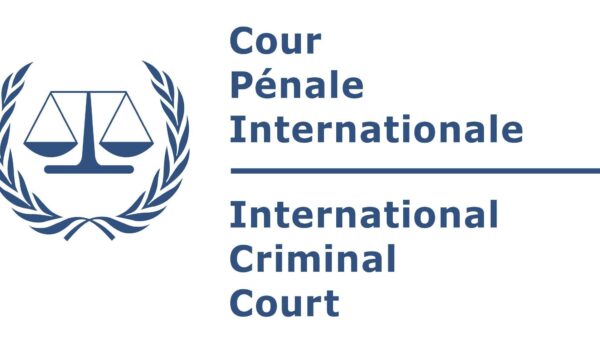

Comments